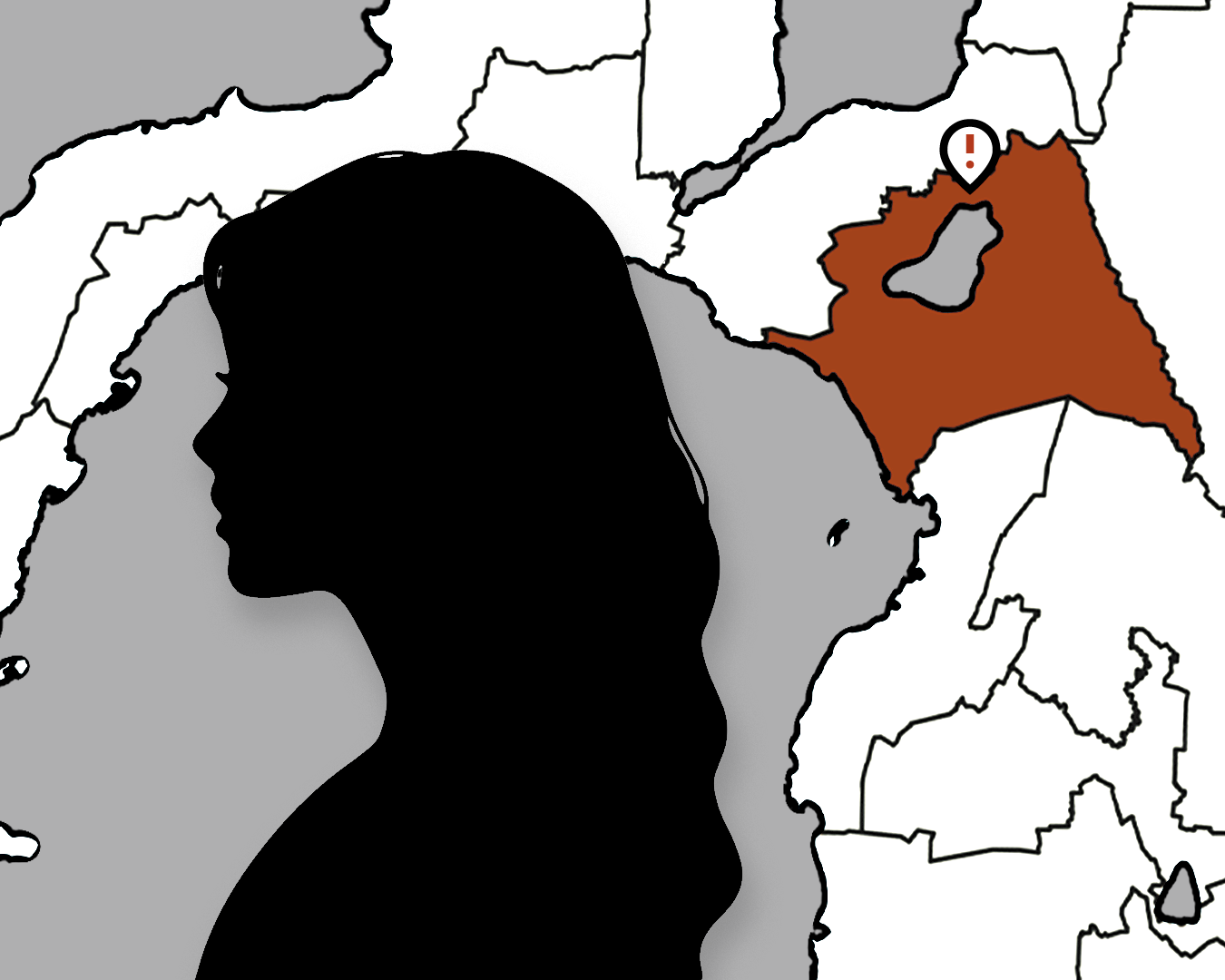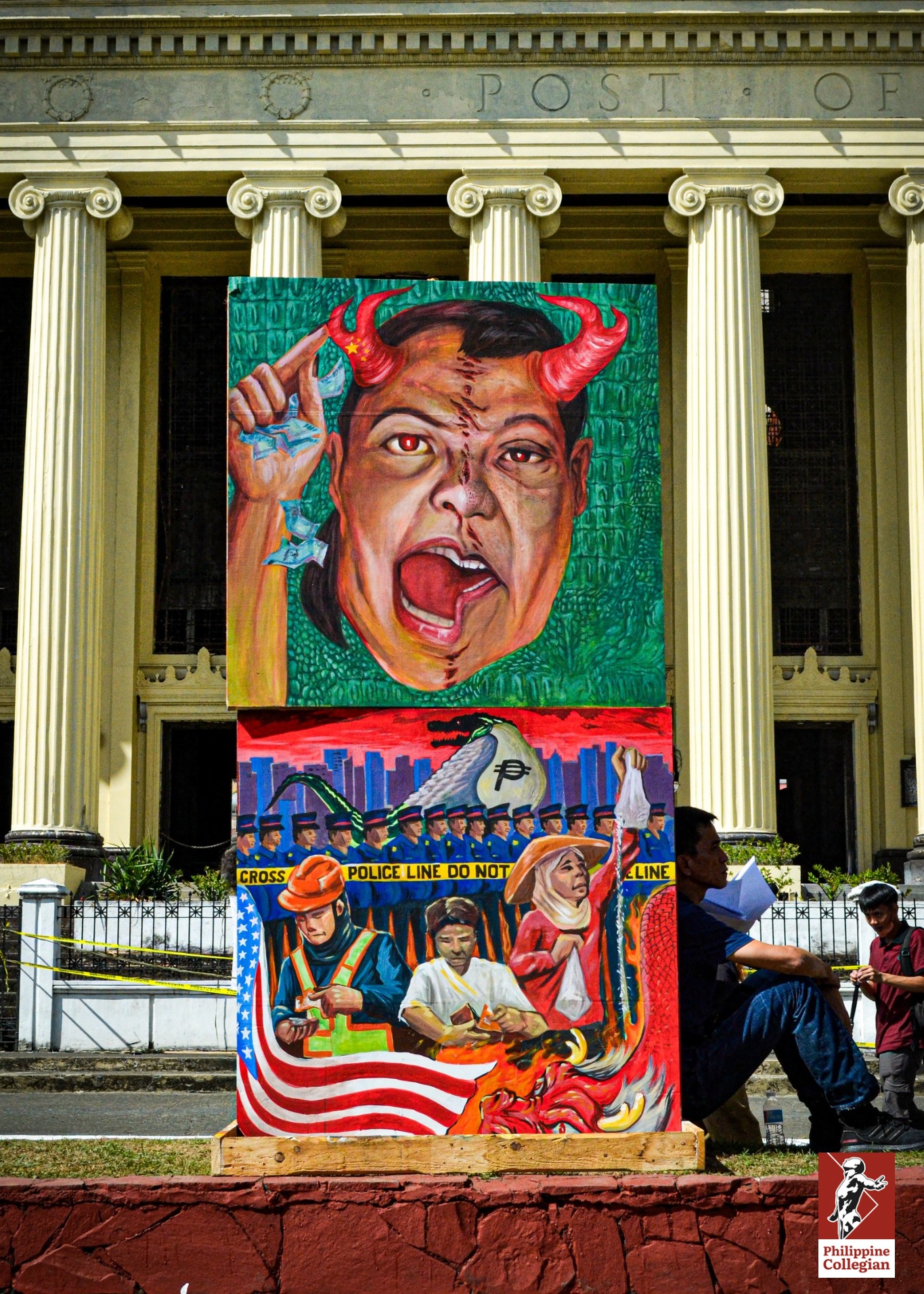The commercial slant of UP is evident in every aspect—leasing university-owned spaces to large businesses, charging the community exorbitant fees for their use of facilities, and implementing cost-cutting measures leading to subpar student services and establishments—all prioritizing profit-oriented activities over academic goals.
Commercialization permeates the national university, exacerbated by chronic government funding shortages. Since UP's establishment in 1908, successive administrations have grappled with "resource generation" as a core responsibility, engaging in various profit-driven activities, from book sales to lucrative ventures such as space rentals and land leases.
It comes as unsurprising, then, that the fire-gutted Shopping Center—resentfully renamed “DiliMall”—will become a full-fledged mall right at the smack of UP Diliman’s core academic area. A floor plan of DiliMall shared by the University Student Council shows the space filled with shops and establishments that appear to cater less to the university community, and, worse, to the detriment of vendors who have long occupied the old Shopping Center.
The offensive sight of a mall-wannabe inside UP is a product of a university hell-bent on profiteering on its assets, whose windfall, ideally, would be invested in the good quality education that UP should be providing. DiliMall is a testament to how commercialization and corporate capture have been ingrained in UP. The university administration is responsible for the situation we find ourselves in, with its imprimatur in allowing such business deals to be inked in the first place.
The bane of commercialization does not stop with the encroachment of our physical spaces or the displacement of the sectors that we hold dear, like jeepney drivers, vendors, and stall owners, among others. Rabid privatization in the name of profit ultimately wrecks our academic and collegiate formation, too.
No less than UP President Angelo Jimenez has unrepentantly boasted his pro-commercialization stance. In an interview with the Collegian’s Editorial Board before his selection as president last year, Jimenez said he has “economic zones in mind” for research activities and companies, prefacing this that universities, like UP, must be “relevant and responsive.”
The university president banners his activist roots, but fails to recognize that running a public university like a business empire is emphatically incompatible. An institution that pursues the truth, generates knowledge, and serves the nation cannot be sacrificed at the altar of profit and commercial interests. Inevitably, under a business-oriented framework, the university's commercial and privatized focus would seep into its academic programs and student policies.
The Student Learning Assistance System, for instance, imposes a matriculation structure based on students’ “capacity to pay,” creating a burdensome process for those not covered by the Free Tuition Law. Moreover, student formations are required to pay rental and equipment fees for spaces designated for them, such as the Student Union Building, where organizations also cover maintenance staff overtime fees. In this environment, the students’ right to organize is impaired.
Even UP’s traditionally liberal educational framework has not been spared from the poison of commercialization: Big-ticket firms are pouring corporate money to establish professorial chairs, a type of award to faculty members; deep-pocketed donors are rewarded with sketchy honorary degrees; and the curriculum is redesigned to further make UP students technocratic and specialists. An institution of learning is demoted into being a degree-churner, and a consulting firm and think-tank for the state and private sector.
When everything inside the academe is treated as an enterprise, the very core of the university is eroded. The essence of higher education–traditionally centered around the pursuit of knowledge, critical thinking, and the liberation of humanity–becomes overshadowed by profit-driven motives.
The perilous trajectory that UP is heading to must be arrested, and it cannot be done within the confines of the university alone. We must underscore, both to the national government and our community, that the campaign for better funding is not merely a financial quest. Rather, our demand for higher endowment means an investment in the preservation of UP’s public character.
Engaging in sustained lobbying and dialogue with the national government, emphasizing the long-term benefits of investing in UP, is crucial. This is not only an assertion of the university’s right to relevant and quality education, but also the state’s reaffirmation of its duty to maintain UP as a national and public university for the Filipino people. ●







